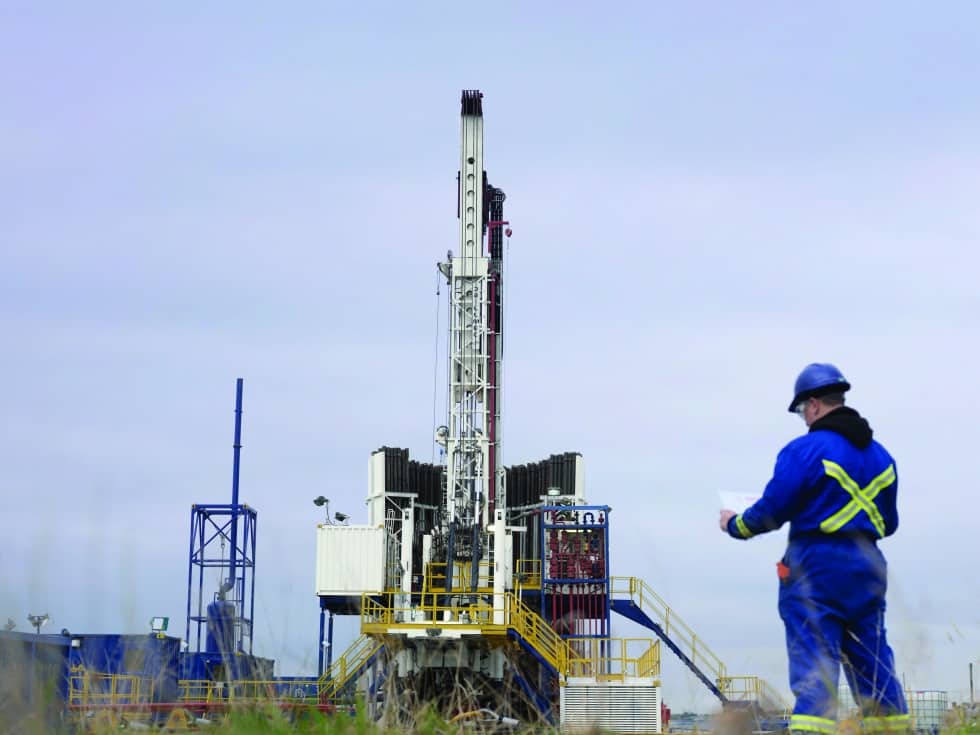
Hydraulilc fracturing – or fracking, the process of injecting liquid at high pressure into subterranean rocks to force open existing fissures to extract oil or gas – will now take place at Cuadrilla’s Preston New Road site situated at Little Plumpton in Lancashire. Plans for a second site at Roseacre Wood have not yet been approved.
The plans for both locations were originally refused permission by the Lancashire County Council due to concerns over noise and the impact of traffic. Javid’s decision to uphold Cuadrilla’s appeal for the Preston Road site in Lancashire will enable four shale gas exploration wells to be drilled next year.
Commenting on the decision, Prof Quentin Fisher, Professor of Petroleum Geoengineering at Leeds University said: “I'm very pleased with this decision. It will mean that the industry can get on and assess whether shale gas production is economically viable and determine the amount of producible gas that is contained within shale below the U.K.
“The decision will also allow industry to demonstrate that fracking can be conducted safely with minimal impact on local communities. I realise that some people who live close to the site will feel worried by this decision but I'm 100 per cent sure that its impact will be far less than they have been led to believe by the anti-fracking movement.”
Adding a note of caution, Prof Jim Watson, director of the UK Energy Research Centre (UKERC), said: “The costs of UK shale will not be clearer until a significant amount of exploratory drilling takes place.
“But even if shale gas development turns out to be economic, it is unlikely to have a noticeable impact on the energy bills of UK consumers.
“The contribution of UK shale development to our energy security is also hard to determine.
“Contrary to some industry claims, empirical research shows that domestic energy resources (e.g. shale gas) are not necessarily more secure than those from abroad.
“It is [also] essential that the future use of gas is consistent with our climate change targets under the Climate Change Act, whether this gas comes from shale, the North Sea or Norway.”




Collaboration to address viable solutions for VAWG database
<blockquote>address the lack of standardisation, coordination, and collaboration of gender disaggregated data intelligence across various regions,...